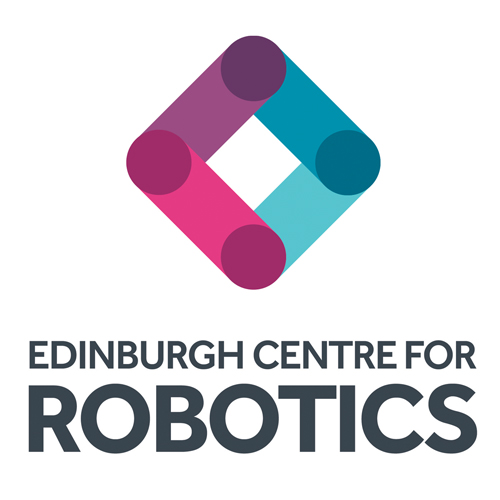Jhielson Montino Pimentel
A recent research field has emerged after robots being embedded with computational models that are biologically inspired by the animals' nervous system. Neurorobotics, as it is known, brings important new tools to investigate different neural disorders. My goal is to develop a model that is capable to reproduce symptoms of Parkinson's Disease (PD) in robots in a more biologically plausible way. In order to achieve that, a computational model inspired on the dynamics of the brain needs to be embedded in a robot and a more realistic sensorimotor loop needs to be designed to reproduce movements in its limbs. I believe that once the parkinsonian state of the model is activated the characteristic symptoms from PD, like tremor, bradykinesia, and stiffness, might emerge. The outcome of this research could help scientists in their search for new therapies and maybe even treatments.
I am a second-year CDT student at the Edinburgh Centre for Robotics under the supervision of Doctor Patricia A. Vargas. My main interests are in Neurorobotics, Evolutionary Robotics, Biologically-Inspired Controllers, Swarm Robotics and Multi-Agents. I had the opportunity to work in different research groups within the robotics field before starting my PhD in Edinburgh. For instance, before moving to the UK, I worked on the INSIDE project (http://www.project-inside.pt/) in Lisbon, Portugal. There, we developed an autonomous agent to interact with children diagnosed with autism (https://www.sciencedirect.com/science/article/pii/S0933365717305997). I also had the chance to be part of their team in the annual international robotics competition, also known as Robocup, under the category of domestic robots. I hold a master degree in Computer Science from Federal University of Minas Gerais, Brazil. There, I researched a way of optimizing the task of mapping unknown environments using a single agent (https://link.springer.com/article/10.1007/s10846-017-0709-0).


